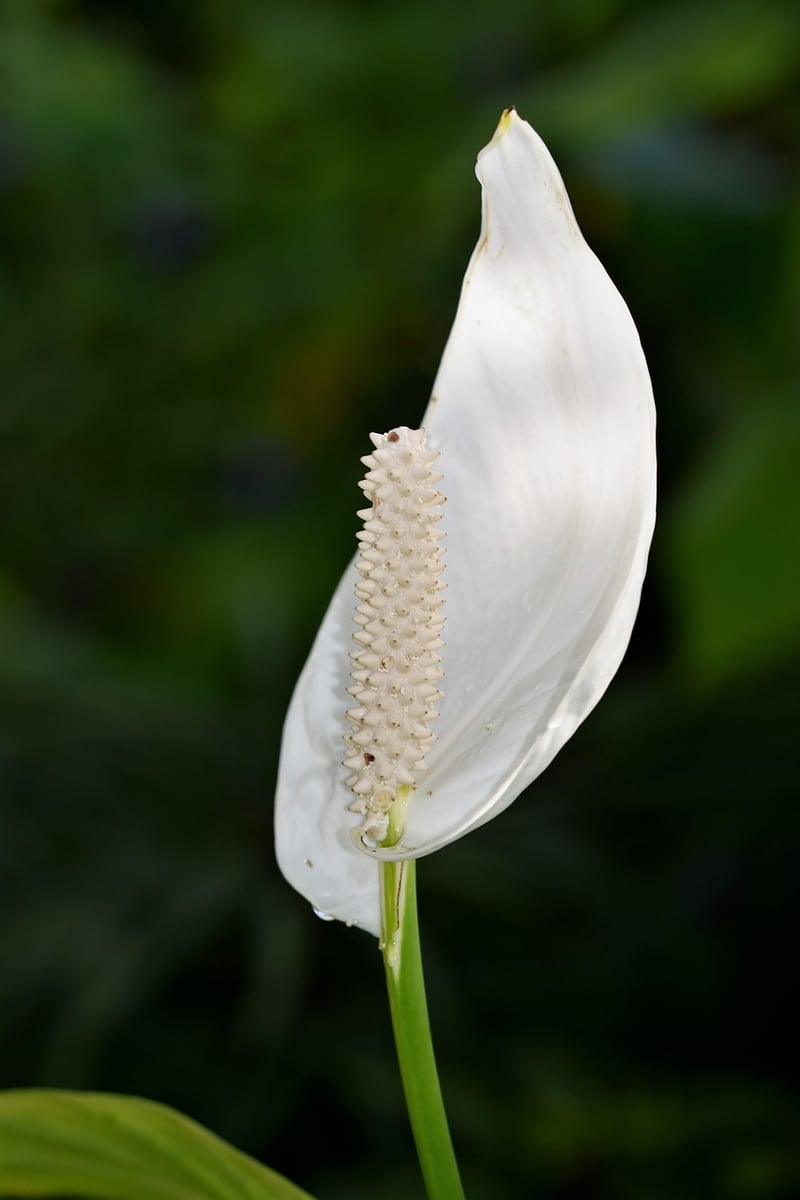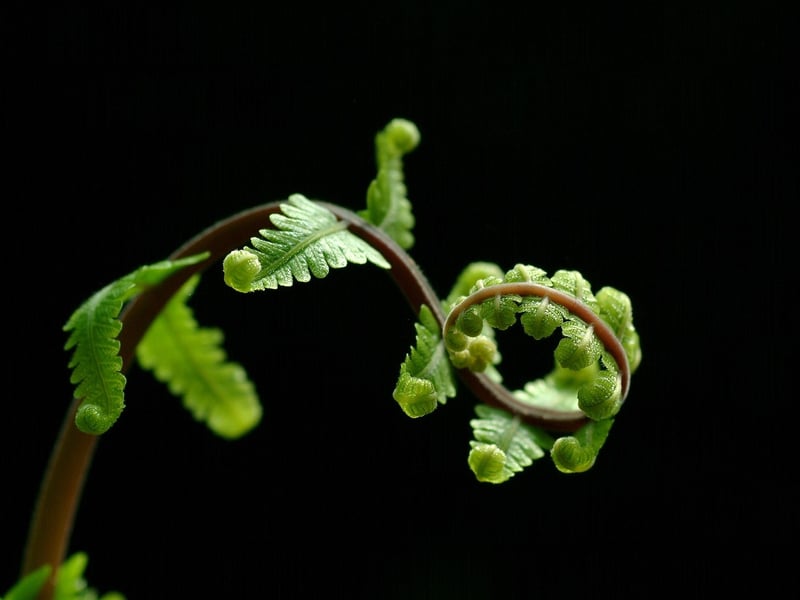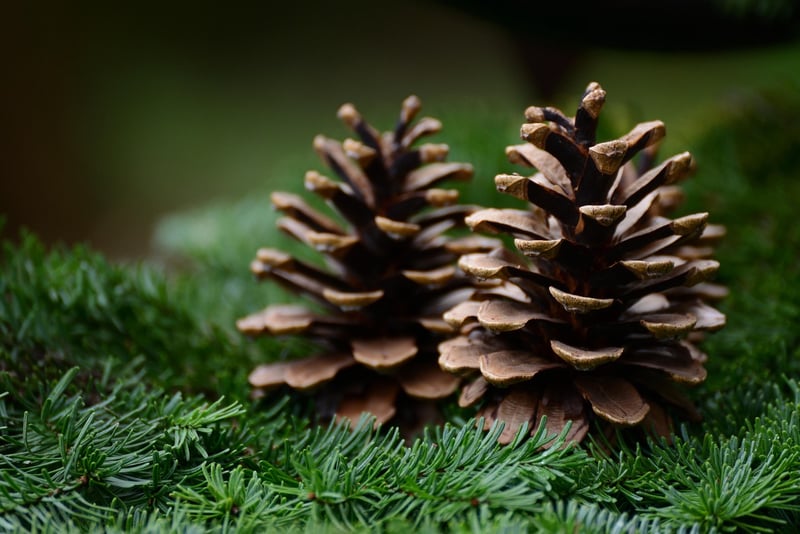Scaley Growth
Plants Associated with Dragons and Myths
Dragons have long been a part of myths and legends, often associated with power, wisdom, and mystery. In these tales, certain plants are often linked to these majestic creatures, either due to their appearance, properties, or symbolism. Let's explore some of these plants that have a connection to dragons and myths.
1. Dragon's Blood Tree

The Dragon's Blood Tree is named for its red sap that is likened to the blood of dragons. This tree has a unique and mystical appearance, with an umbrella-shaped canopy and a stout trunk. It is native to the Socotra archipelago in the Indian Ocean.
2. Dragon Arum

The Dragon Arum, also known as the Dracunculus vulgaris, is a plant with a striking inflorescence that resembles a dragon's tail. It is native to the Mediterranean region and emits a foul odor to attract flies for pollination.
3. Dragon Fruit

Dragon Fruit, also called Pitaya, is a vibrant and exotic fruit with a scaly outer skin. It grows on a type of cactus known as Hylocereus and is rich in antioxidants and nutrients. The fruit is often associated with mythical creatures due to its appearance.
Scaley Growth: Understanding the Fascinating Adaptations of Plants
Aside from their association with dragons and myths, some plants exhibit scaley growth, a fascinating adaptation that helps them thrive in various environments. These scales can serve different purposes, such as protection, water retention, and camouflage. Let's delve into this unique feature of plant biology.
1. Succulents

Succulents are renowned for their scaley appearance, which is due to specialized water-storing cells in their leaves or stems. These scales help reduce water loss in arid conditions, allowing succulents to survive in dry environments with limited rainfall.
2. Fern Sori

Many ferns exhibit scaley growth in the form of structures called sori, which contain spores for reproduction. These tiny, round clusters can be found on the undersides of fern fronds and are essential for the fern's reproductive cycle.
3. Cycad Cones

Cycads, ancient plants resembling palm trees, produce large cones covered in scale-like structures. These cones contain seeds for reproduction and are often considered living fossils due to their long evolutionary history.
Plants associated with dragons and myths often possess unique traits that capture our imagination. From the mystical Dragon's Blood Tree to the exotic Dragon Fruit, these plants offer a glimpse into the fantastical world of folklore. Similarly, exploring scaley growth in plants sheds light on the incredible adaptability and diversity of the botanical kingdom.
